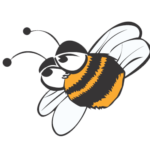
Is beekeeping an art or a science?
You choose. At Medibee where beekeeping and biology are in harmony – and using ancient beekeeping skills and years of experience, we reap the harvest of every beehive at exactly the right time – the integrity of our products is paramount.
Medibee has its products independently tested for scientific effectiveness by laboratories in Europe and the USA.
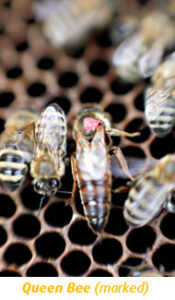 Beekeepers are always in a state of wonder at the industrious behaviour within the hive and the bees’ navigational skills around our beautiful valley. Bees can travel up to 6 miles. Bees are selfless, they work non-stop, seemingly. The workers (that’s right, the majority of bees who work flat out) wear themselves out – and live only 7-8 weeks during summer. Bees forage for pollen and honey in most weather conditions – damp or dry, warm or windy – but never, never in wet weather! Would you want to be grounded by wet wings? We have even witnessed a Queen Bee ‘taking the air’ on a cold, crisp Christmas Day – we know we are privileged to witness such a sight.
Beekeepers are always in a state of wonder at the industrious behaviour within the hive and the bees’ navigational skills around our beautiful valley. Bees can travel up to 6 miles. Bees are selfless, they work non-stop, seemingly. The workers (that’s right, the majority of bees who work flat out) wear themselves out – and live only 7-8 weeks during summer. Bees forage for pollen and honey in most weather conditions – damp or dry, warm or windy – but never, never in wet weather! Would you want to be grounded by wet wings? We have even witnessed a Queen Bee ‘taking the air’ on a cold, crisp Christmas Day – we know we are privileged to witness such a sight.
Now to the beehives
MediBee starts its ‘beehive year’ in January – cleaning hives, replacing any damaged parts and filling up holes created by woodpeckers – they are searching for a few tasty winter bees.
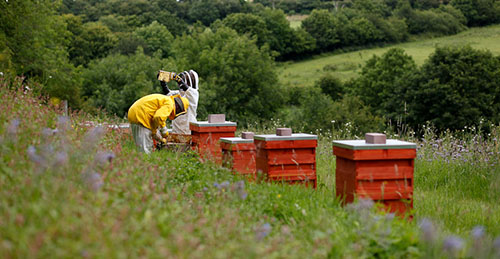
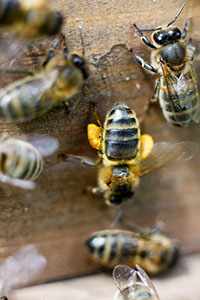 February to March is the time the bees become ‘alive outside’. They haul back pollen from snowdrops, crocuses and hazel catkins – their ‘supermarket–like baskets’ on their back legs literally bulging with pollen! They look like airborne Spitfires, with fuel tanks glistening with yellow, red, orange or green pollen, depending on the plants from which the pollen has been collected.
February to March is the time the bees become ‘alive outside’. They haul back pollen from snowdrops, crocuses and hazel catkins – their ‘supermarket–like baskets’ on their back legs literally bulging with pollen! They look like airborne Spitfires, with fuel tanks glistening with yellow, red, orange or green pollen, depending on the plants from which the pollen has been collected.
Every plant has its own distinctive colour and shape of pollen grains. Pollen survives for millions of years – and certainly forensic science relies on this fact – just look at ‘Crime Watch‘ on your T.V.!
Pollen is eaten by beekeepers straight from the hive. Pollen is like mother’s milk to baby bees – pollen is the No.1 perfect hive food.

MediBee’s specially formulated Pollen Capsules are renowned and revered by many countrywide. We welcome your feedback – as high pollen counts are suffered earlier and earlier each year as the temperature increases and pollution becomes more severe. Visit our News, Reviews & Venues section for updates.
Honey... and more honey
Did you know that bees have to collect nectar from 75,000 flowers to make 1lb of honey?
By honey – I don’t mean the over processed stuff you normally buy in supermarkets! Medibee specialises in honey, having intrinsic properties. Our honeys are tested by professional laboratories.
Insist on the proper stuff. Honey is collected several times over the summer – the waxed honeycombs being hauled to MediBee’s honey house, where the honey is extracted immediately.
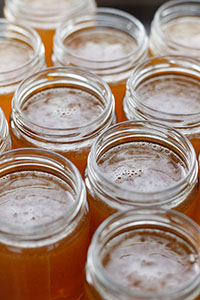 Spot the difference – Bee amazed at the honey jars – the tell-tale sign of pollen and wax floating on the surface of the jars means you have the real thing !
Spot the difference – Bee amazed at the honey jars – the tell-tale sign of pollen and wax floating on the surface of the jars means you have the real thing !
MediBee Bio-Active Honey – has valuable intrinsic properties straight from the beehive.
The methods of extraction today, used at MediBee, are very much the same as those used throughout the centuries – allowing the maximum content of bioflavenoids, vitamins and minerals – not to mention fructose and glucose, to remain unchanged in the honey. When did you last see honey with natural properties as shown in the photograph left – you didn’t – admit it!
But never forget – honey is the hive's winter pantry
MediBee removes only the surplus honey from its beehives; 40lb – yes, 40lb – is always left in each hive to ensure the bees survive the Great British Winter.
Autumn beckons – each hive is tucked up for winter. Bees do not hibernate as such – they go into a state of low metabolism – forming a thick ‘bee ball’ around the Queen to protect her and keep her warm.
After all the Queen is the hive’s egg machine – she will kick start the hive next year – that’s when we say ‘Hello again’ – in February.
The cycle goes on again.
See our ancient meadows protected by Natural England below:

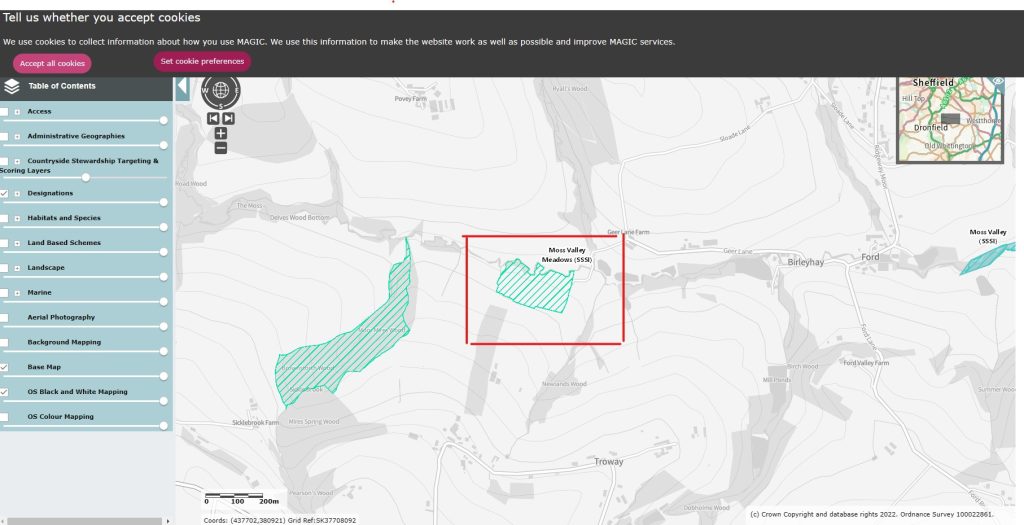
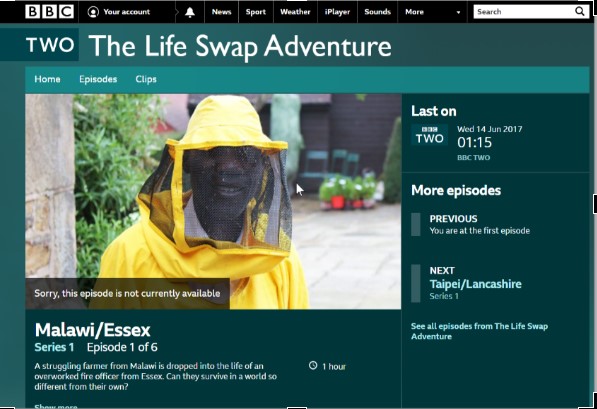
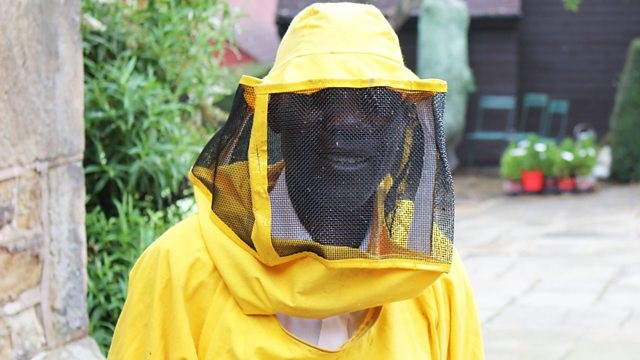
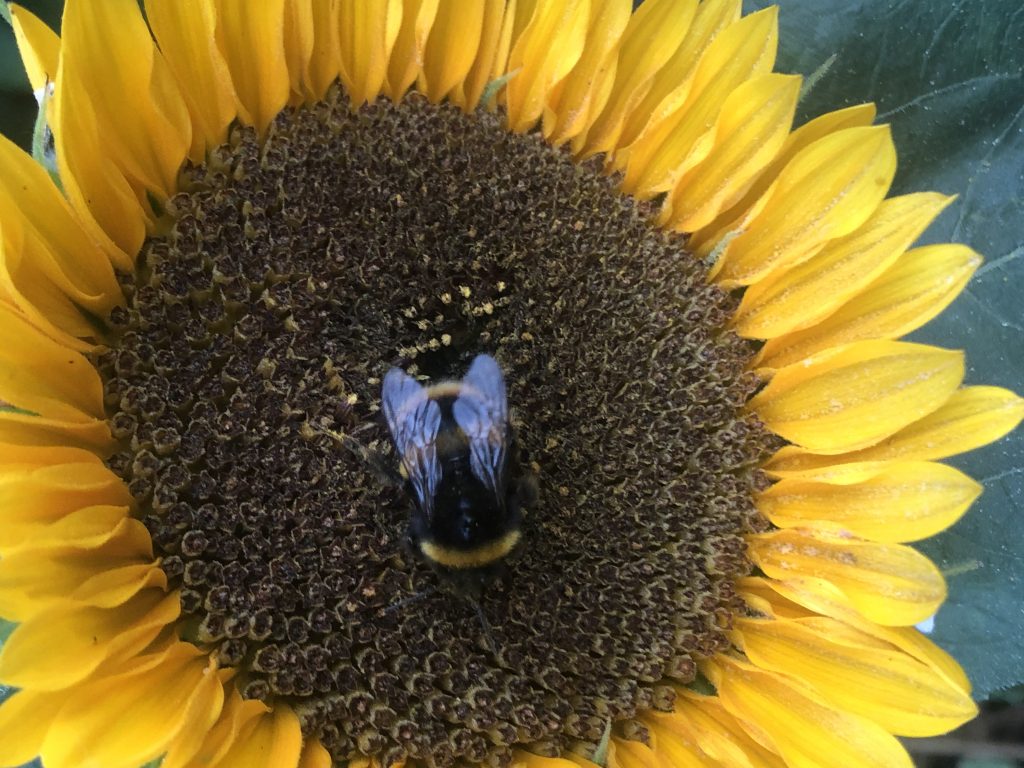
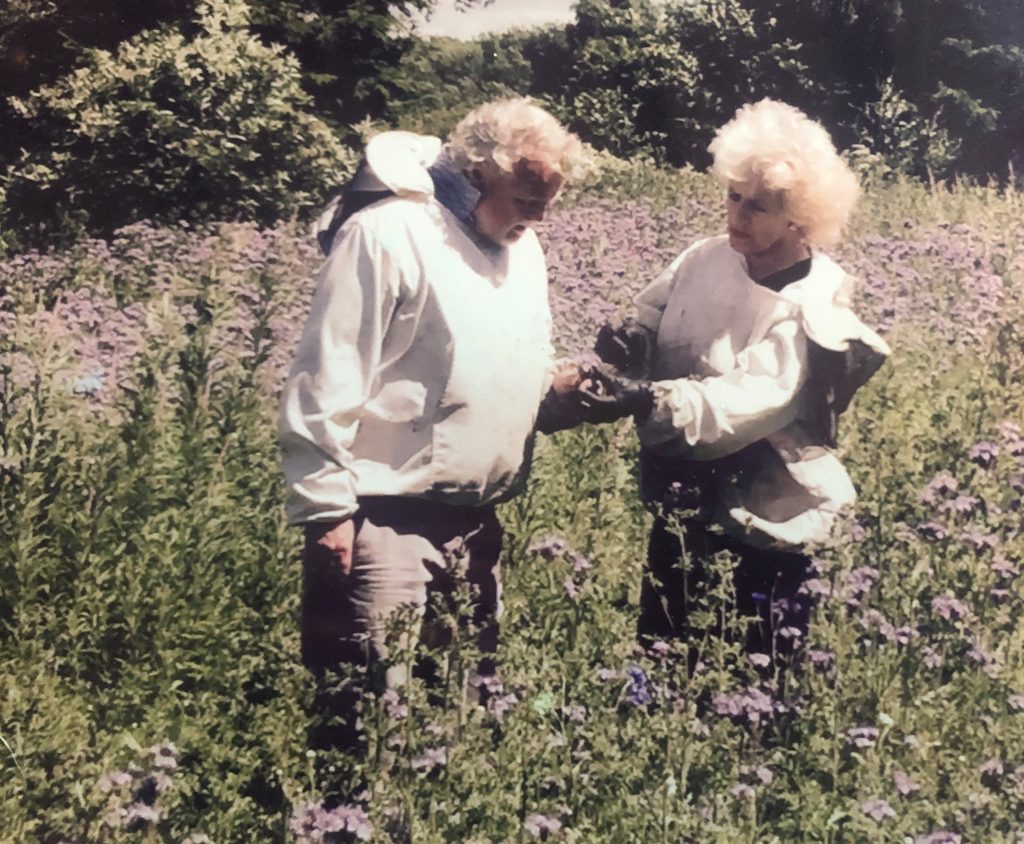

See us at Peak District Online





